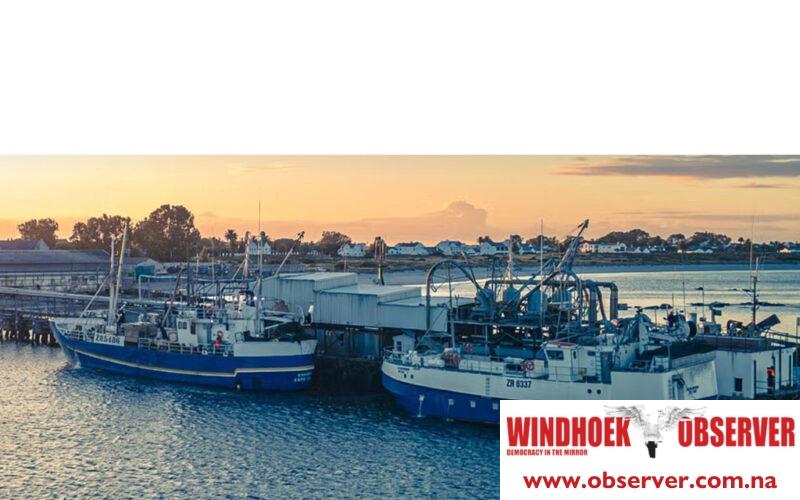CHAMWE KAIRA
Oceana Group Limited has warned shareholders to expect a decline in earnings for the six months ending 31 March 2025, mainly due to lower fish oil prices and increased operating expenses in its Namibian operations.
In a trading statement released this week, the group said earnings per share (EPS) are expected to range between 300 cents and 350 cents, a drop of 40% to 49% compared to 587.6 cents reported during the same period last year.
Headline earnings per share (HEPS) are also expected to decline by 40% to 48%, compared to 578.8 cents in the prior comparative period.
The company attributed the drop in earnings to a strong performance by Daybrook Fisheries in the previous period, which had been boosted by record high fish oil prices.
Oceana said prices had since normalised due to a recovery in fish oil production in Peru.
“Fish oil prices in the period normalised following a recovery in Peruvian production. The period’s lower earnings are partially offset by the improved performance in other segments. Lucky Star Foods delivered solid results, supported by steady consumer demand, increased local production volumes, and improved operational efficiencies. The Wild Caught Seafood segment benefited from improved hake catches during the second quarter, combined with strong pricing,” the company said.
The group is currently finalising its financial results for the six-month period ending on 31 March, with a release date of 9 June anticipated..
Oceana stated in the 2024 Integrated Report that they reduced the Namibian TAC for the second consecutive year to manage the resource’s sustainability.
It said the strategy of the Namibian fisheries to auction a big portion of the TAC impacts its ability to secure quotas at economically sustainable levels.
The company said following a strong performance in 2023, Namibian horse mackerel performance was negatively impacted by higher operating expenses due to a combination of lower catch rates, increased fuel costs and higher quota usage fees.
Sales volumes remained flat year-on-year, and pricing softened slightly from the prior year’s high level.
Oceana said its Namibian business will ensure an ongoing focus on strengthening and enhancing stakeholder relationships to secure long-term sustainability.
“In line with our investment and compliance strategy, one of the Namibian vessels will be converted from freon to a more environmentally acceptable gas, which will result in a shorter period of downtime and will impact catch capacity,” the company said.
It said the focus is on strengthening rights-holder relationships in South Africa and Namibia to build long-term sustainable partnerships.
Ocean stated demand for larger-sized South African horse mackerel in West Africa and Mozambique remained strong among price-conscious consumers.




